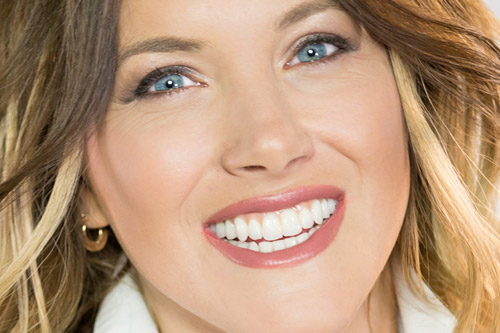Dentures

Denture Treatments
Dental health has become a focus of people now in Perth. Dental check ups are now a regular routine for most family members. Minor dental issues can be resolved through dentist visits on a regular basis, however, sometimes, there may be even more serious issues where one may be required to have a denture.
Candlewood Dental Centre caters to denture treatments. Our dentist has over 20 years’ experience in dental treatments. Our clinic provides great care to our patients in a very family friendly environment. We also have sedation to make the treatment more comfortable for the patient if required.
There are two types of dentures:
Partial or Complete dentures for an entire set of teeth.
Dentures may come with one or two teeth or it may be a complete set of lower or upper teeth as required by the patient. There are different materials being used to make the dentures, which include, acrylic or plastic, nylon, and metals. Our dentist would always assess your teeth and jaw during a consultation prior to the denture treatment.
Do you need Dentures?
Our dentists will have to go through an examination to see how many teeth you have, the condition of your teeth, the status of your gums and your jaw bone.
After the assessment, the dentist will advise you several possiblr options available and you can decide on whether to go ahead with the treatment or not.
What to Expect during the procedure
The dentist will then take careful measurements and an impression of the patient’s upper and lower teeth. This impression is then sent to a dental lab to create a tray.
The tray is then used to create a secondary mould of the teeth to create a more accurate mould of the gums and teeth.
After that, the shade of the teeth is taken to create the trial denture. Another consultation will then be scheduled to test the fit of the trial denture and make the necessary adjustments during the session.
After the adjustments have been made, the new denture is fitted into your jaw.
Candlewood Dental Centre provides quality dental care. To find out more, book an appointment here or Call (08) 9404 9520
Ask about our Payment Plans
Any surgical or invasive procedure carries risks. Before proceeding, we encourage you to discuss these matters with an appropriately qualified health practitioner.


